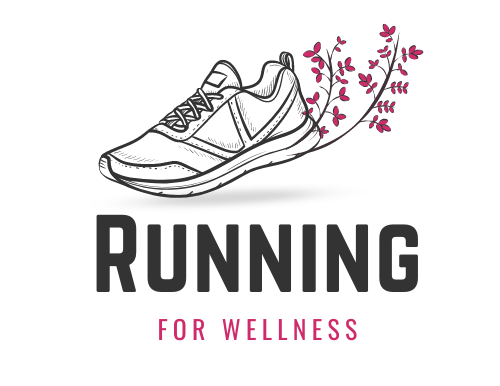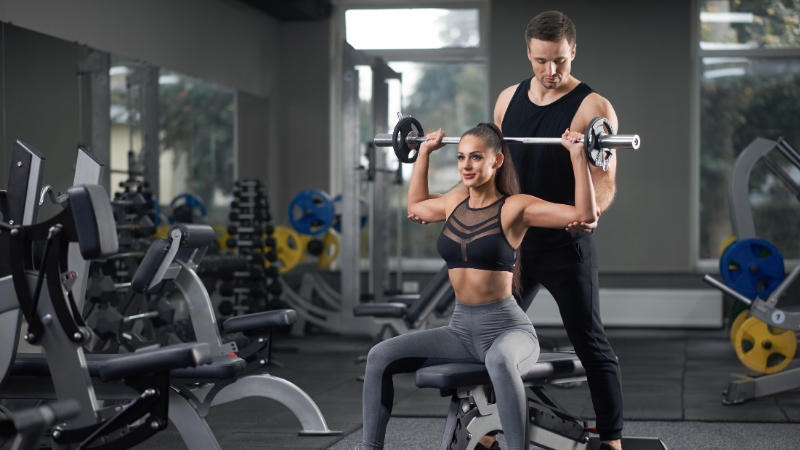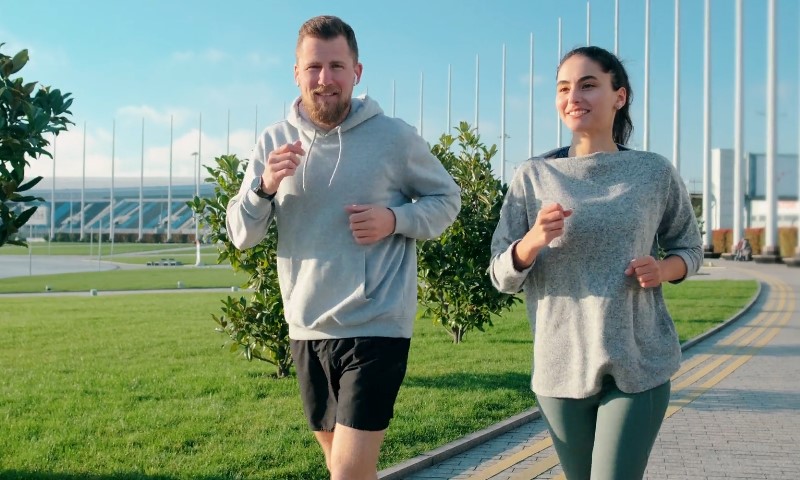Walking into a gym for the first time can feel overwhelming. The unfamiliar equipment, unfamiliar faces, and lack of routine often add up to intense anxiety.
Coaches have a powerful role in transforming that tension into something productive.
They help create a welcoming experience that builds real confidence.
Pulling lessons from real-life coaching practices, it’s clear how the right support system reshapes the way beginners perceive fitness spaces.
The Emotional Barrier of Gym Anxiety
Walking into a gym for the first time can feel like walking onto a stage under a spotlight. Everything feels exposed. Muscles tighten, not from lifting but from self-consciousness.
Newcomers often wrestle with fear before they even touch a weight. It’s not about the treadmill or the squat rack, it’s about the eyes you think are watching, the routines you don’t know, and the sense that you don’t belong.
Anxiety in fitness spaces shows up in many ways. Among the most common fears are:
These fears don’t just live in the head; they manifest in the body. Tension increases. Breathing shortens. Confidence evaporates.
And eventually, many people quit before any progress begins. Consistency suffers because no one wants to return to a space that amplifies insecurity.
Confidence changes everything. With confidence, posture improves, breathing steadies, and progress accelerates. The gym starts to feel less like a threat and more like a training ground.
That shift doesn’t happen overnight, but it builds with support, structure, and repetition.
Just like someone tackling a career change to nursing may feel overwhelmed at first, new gym-goers must navigate the unknown. But they don’t have to do it alone.
Coaches as Safe, Supportive Guides
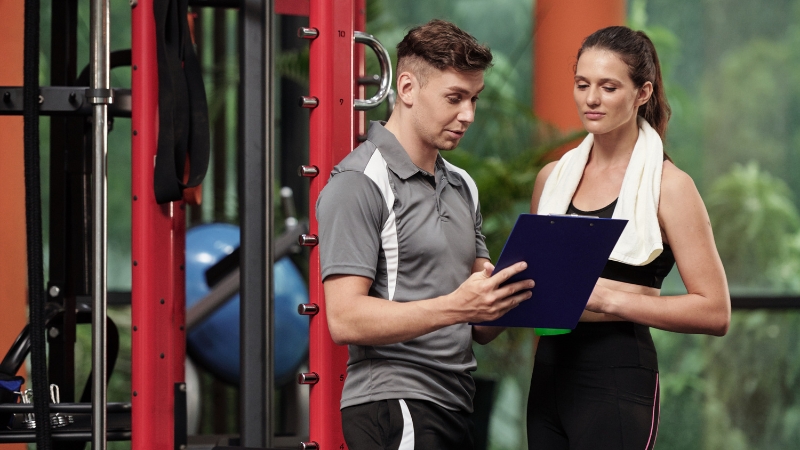
Coaches remove the guesswork and replace it with direction and reassurance. One-on-one coaching offers beginners something rare: personal attention without judgment.
It’s not about throwing someone into a workout. Coaches observe, ask questions, and customize. Each person receives a plan tailored to:
This approach sends a clear message: You matter. Your story, your goals, and your pace all count. It’s not just about burning calories. It’s about feeling safe enough to start.
Support doesn’t stop at customized programming. Coaches also craft the emotional space. Without that, progress stalls.
Friendly greetings, shared jokes, and consistent encouragement turn gym sessions into something more than sweat.
Coaches avoid turning the gym into a pressure cooker. Instead, they build a community where people feel comfortable asking questions, making mistakes, and trying again.
Progress happens not by chasing perfection but by returning to a place that feels like support instead of scrutiny.
The Role of Expertise and Structure
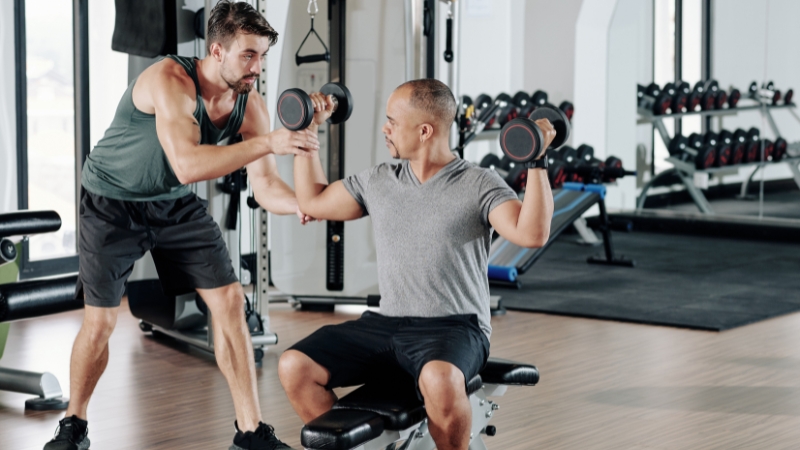
Proper form is one of the most important tools for long-term success. Mistakes in movement often lead to frustration or injury.
Coaches help prevent both. With eyes trained by certification and experience, they correct movements in real time. That creates faster progress and safer sessions.
Beginners especially benefit from expert feedback. Without it, many fall into habits that limit results.
When someone is shown how to deadlift properly, for example, they start feeling stronger in everyday life, not just inside the gym.
But expertise alone isn’t enough. People need structure. Decision fatigue can make workouts feel like another task to manage. Coaches eliminate that pressure.
They build sessions that strike the right balance between flexibility and consistency:
Small Group Personal Training (SGPT) can be ideal for those just getting started. With just a few people per session, the pressure fades.
Participants ask questions, learn from others, and get coaching that still feels personal. Instead of trying to copy the person next to them, they focus on their own development.
Motivation and Accountability
Motivation rises and falls. That’s natural. What keeps people showing up is accountability. Coaches create it without ever resorting to shame.
They learn what motivates each individual, and they use that knowledge to keep momentum going. Discipline forms not formed through punishment but through partnership.
Every small milestone becomes a reason to keep going:
Each win is recognized and reinforced. That process builds emotional strength along with physical capability.
Over time, showing up becomes part of a daily rhythm, something that feels natural, not forced.
Pressure can backfire. Coaches avoid that trap. They don’t promise six-pack abs in four weeks or guilt someone for skipping a session. Instead, they promote a steady pace.
They guide clients to focus on feeling good, sleeping better, and having more energy. That’s the kind of motivation that lasts.
Coaches Build Confidence by Being Confident Themselves

If the coach is grounded, calm, and present, clients mirror that. A self-assured coach doesn’t need to shout instructions or dominate the room.
Their confidence creates safety. People feel less judged, more willing to try, and more likely to trust.
Confidence doesn’t come from muscle; it comes from knowledge, presence, and emotional control.
Coaches who inspire trust often:
Listening matters just as much as instruction. A good coach reads the room and adjusts accordingly. Some days, a client may need a push.
Other days, they need patience and support. Recognizing that difference builds credibility.
Clients pick up on that emotional calibration. They feel heard, seen, and safe. That environment nurtures belief, first in the coach, then in themselves.
Over time, people who started out unsure begin to hold their heads higher, lift heavier, and move with purpose.
Summary
@megansnyderfitness What to expect on your 1st day of personal training with coach @megansnyderfitness I know that starting personal training can be quite intimidating so I hope that this uncovers the mystery of it all. If you have any more questions let me know! Sign up for the training waitlist at the link in our bio 🔗 🩵 #sandiegopersonaltrainer #nycpersonaltrainer #beginnerfitness #strengthtrainingforwomen #strengthtrainingforbeginners ♬ original sound – Megan
Good coaching makes the difference between quitting and showing up again.
Coaches provide structure, reassurance, and practical guidance that turn anxiety into confidence.
Anyone stepping into fitness for the first time deserves that kind of support. Find a studio that offers it, and take the leap.
That first day might be uncomfortable, but with the right coach, it could become the start of a completely different life.
